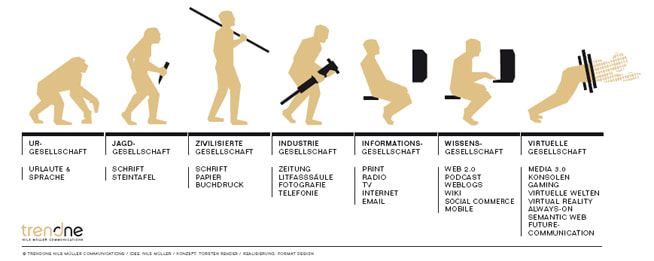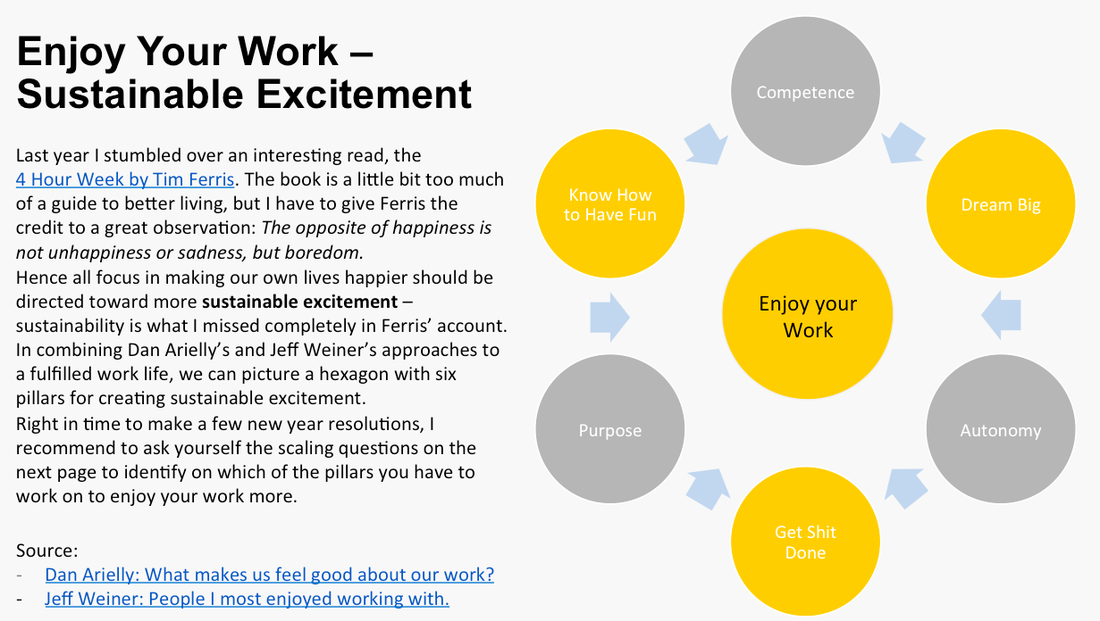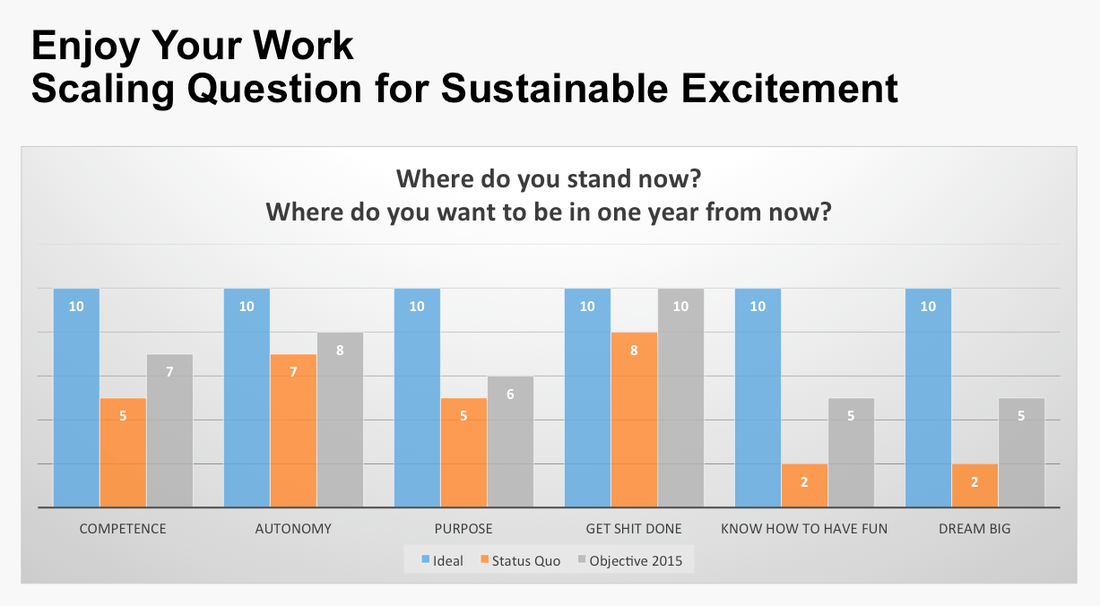Dieser Essay wurde ursprünglich in gekürzter Form für ein Besinnungswochenende verfasst, welches unter dem Gesamtthema Glaube, Hoffnung und Liebe im säkularen Zeitalter im März 2018 in Hong Kong abgehalten wurde, und hat ein zentrales Buch als Grundlage: Der unbewusste Gott des Psychiaters Viktor E. Frankl. Er unterscheidet darin das triebhafte Unbewusste, welches Sigmund Freud erforscht hatte, vom geistigen Unbewussten und zieht eine auch für Atheisten und Gläubige jeder Form passende Analogie heran, um für das geistige Unbewusste den Beweis anzutreten. Der menschliche Nabel, welchen wir alle auf unserem Leibe tragen, ist laut Frankl eine Spur für unsere physische Herkunft, für unsere Verbindung zu unserer Mutter. Kaum sind wir in die Welt geboren ist diese Verbindung, die Nabelschnur, getrennt. Dasselbe gilt, so Frankl für das Gewissen, welches eine Spur für unsere geistige Herkunft ist. Frankl folgert, dass wir durch das Gewissen immer mit dem Transzendenten verbunden sind, aber diese Verbindung für die meisten ins Unbewusste abgesunken ist. Die Logotherapie soll dem Menschen helfen das Vertrauen zum Unbewussten wiederherzustellen, und zwar unabhängig davon ob an einen Gott geglaubt wird oder nicht. Frankl selbst ist tiefgläubiger Katholik, sieht aber die Missionierung nicht als seine Aufgabe. Denn obwohl Religion wie auch Psychotherapie auf die Wandlung des Menschen abzielen, so versucht die Religion das Seelenheil zu erwirken, die Psychotherapie jedoch die seelische Heilung.
Die Religion verwendet unzählige Begriffe, Analogien und Symbole, die in der Psychologie in die Kategorien Bewusstes, Vorbewusstes und Unbewusstes eingeteilt werden können. So kann man beispielsweise in christlicher Literatur lesen: Herr, ich lege meinen Geist in deine Hände oder Herr, ich bin nicht würdig, dass du eingehst unter mein Dach, aber nur so erfährt meine Seele Heil. Dieser Essay versucht sowohl derartigen religiösen Sprachgebrauch zu deuten wie auch die dahinterstehende Neuropsychologie anhand der im Christentum zentralen Konzepte von Glaube, Hoffnung und Liebe zu verstehen. Wir kommen dabei zum Schluß, dass jene Gehirnzentren, welche für Glaube, Hoffnung und Liebe im engeren und im Folgenden zu definierenden Sinne verantwortlich zeichnen, durch die gesellschaftlichen Rahmenbedingungen des 21. Jahrhunderts, insbesondere durch falsche Ernährung und ein Abgleiten ins Digitale neuroplastisch verkümmern. Dieser Essay ist daher gleichzeitig auf einer Linie mit Frankls Logotherapie ein Aufruf unsere Verantwortung gegenüber dieser Gefahr einer hoffnungs- und gottlosen Welt wahrzunehmen und entsprechend gegenzusteuern.
| glaube_hoffnung_und_liebe_im_säkularen_zeitalter.pdf |
| GHL slidedeck.pdf |




 RSS Feed
RSS Feed